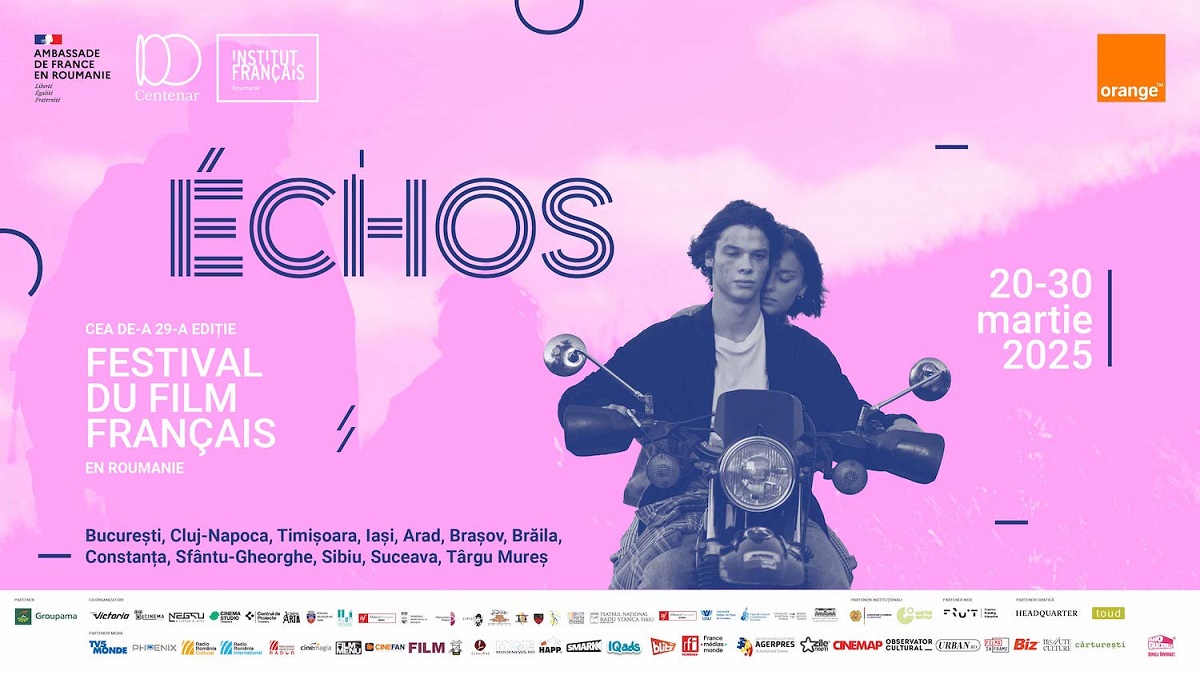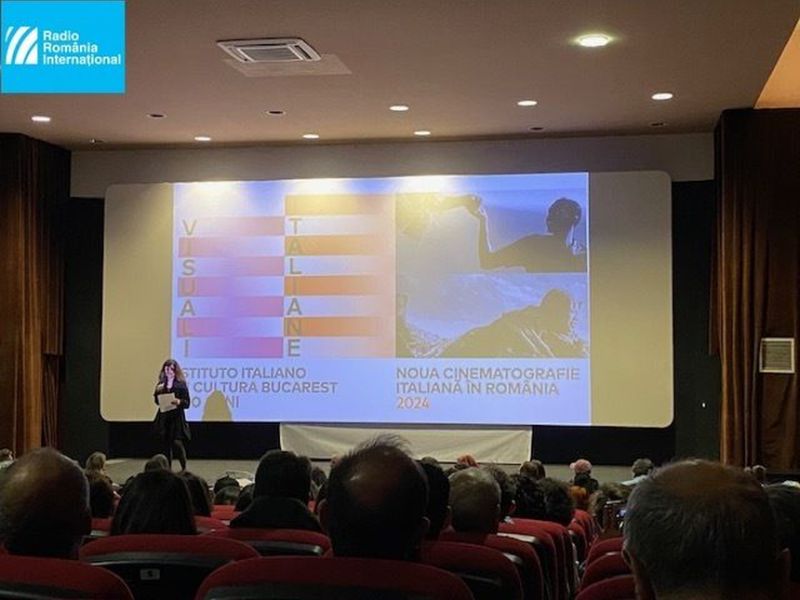The Case of Engineer Ursu, a documentary about the quest for justice
The Case of Engineer Ursu is a heart-wrenching documentary about the quest for justice and was recently launched in Romanian cinemas.

Corina Sabău, 20.04.2024, 14:00
For more than 30 years, Andrei Ursu has been trying to shed light on the death of his father, Gheorghe Ursu, who died in custody while being detained by the Securitate, the communist secret police, after he criticised Nicolae Ceaușescu’s decision to halt the consolidation works of the buildings affected by the earthquake of 1977. Directed by Liviu Tofan and Șerban Georgescu, The Case of Engineer Ursu is a heart-wrenching documentary about the quest for justice and was recently launched in Romanian cinemas. Liviu Tofan, who co-directed The Case of Engineer Ursu, is a film-maker and journalist who worked for two decades for the Romanian department of Radio Free Europe. He explained that the film tells in fact two stories:
“The title of the film, The Case of Engineer Ursu, follows the two Ursu engineers, father and son. Theirs are emblematic stories: that of Gheorghe Ursu for communist Romania in the 1980s and that of Andrei Ursu for Romania today, having fought in courts for 30 years to see that his father gets justice. Both stories begin with the earthquake of 1977, and one is about the failure of communist Romania, the other about the failure of the justice system in democratic Romania. Unfortunately, the second story, that of Andrei Ursu, is just as hopeless as that of Gheorghe Ursu. 35 years since the Revolution and we’re still waiting for a fair sentence in the case of the dissident Gheorghe Ursu, fair not only from a legal point of view, but also in a historical sense. Both Gheorghe and Andrei Ursu have extraordinary strength of character and are great raw models for us tody. The film revolves around them. Gheorghe Ursu was killed by the communist police and the Securitate because he refused to accept any form of compromise during the inquiry, and that’s something we know from the archive of the Securitate. He categorically refused to implicate his friends and paid the price. He is a raw model of honour and integrity and never renounced his principles. And his son is a man who is sacrificing his life for an ideal. Andrei Ursu twice put his life in danger going on a hunger strike for what he believes in, and which is more important to him than his life. That’s the strength of the film: the strength of these two raw models.”
The documentary film was screened last summer, a few days before the High Court of Cassation and Justice announced its final sentence. Despite the carefully constructed case, the defendants were acquitted, and the film remains the only form of justice and recognition the dissident Gheorghe Ursu will ever enjoy. Liviu Tofan, the co-director of the film:
“A large section of the film is dedicated to Andrei Ursu’s struggle with the justice system. The film follows chronologically the difficulties and obstacles he encountered since 1990, in various forms: delays, rejections, prescription, and lots more. After 1990, one of the two men accused of Gheorghe Ursu’s death, Vasile Hodiș, was no longer a Securitate officer, but he did work with the Romanian Intelligence Service, so he was still in the system, that same system that constantly fought Andrei Ursu. In 2000, Andrei Ursu went on hunger strike for the first time. The authorities realised he was willing to go all the way and handed the case over to the prosecutor Dan Voinea, who continued the investigation. Andrei Ursu went on hunger strike for the second time in October 2014, when the case had again reached a deadlock. The authorities again gave in, and the fact that elections were being held that year may have had something to do with it. Everything he had been denied was suddenly accepted. That’s when the two former Securitate officers Marin Pârvulescu and Vasile Hodiș were indicted for the first time. Until 2014, the system simply refused to investigate two officers of the former Securitate.”
Produced by Kolectiv Film together with the Gheorghe Ursu Foundation, Victoria Film, Follow Art Association and the Romanian Television, the documentary was already screened in 2023 as part of special events, at various cinemas across Bucharest and at film festivals around the country.





























